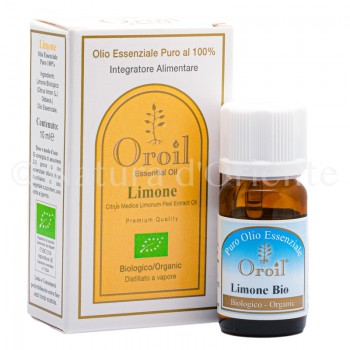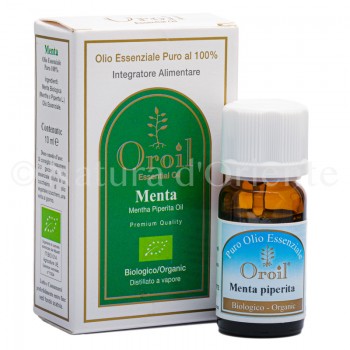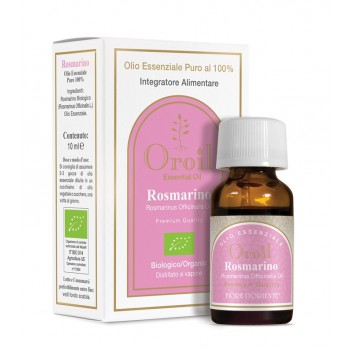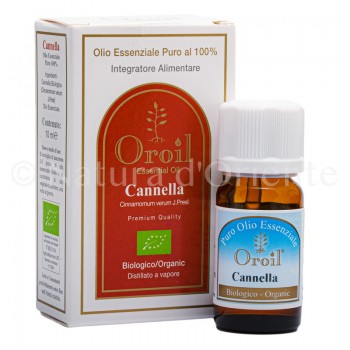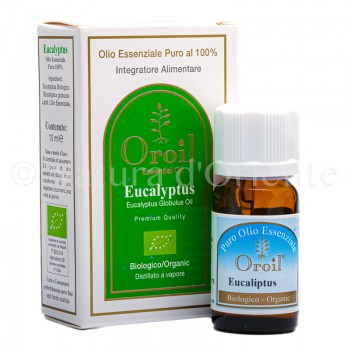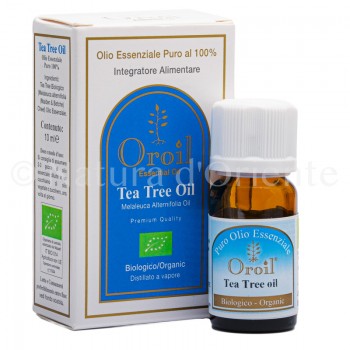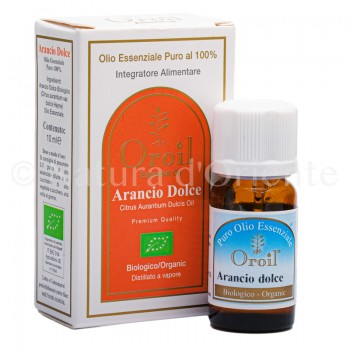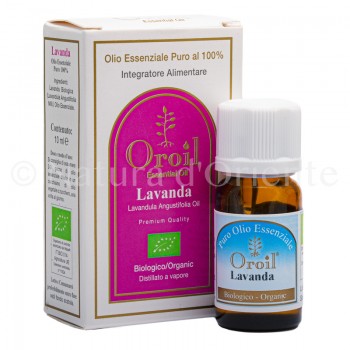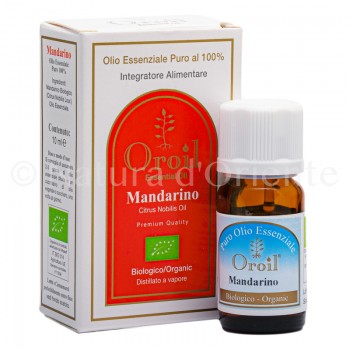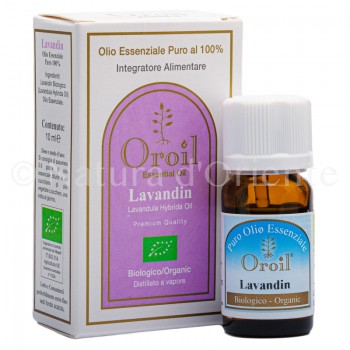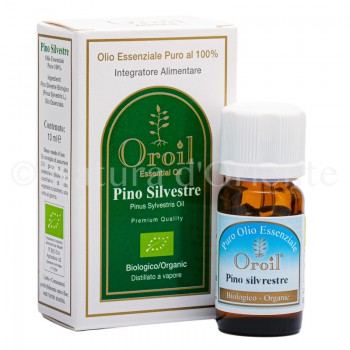Thyme is an aromatic plant used in cooking known for its characteristic scent, so it will come as no surprise that thyme essential oil is primarily appreciated for its balsamic properties. It also has excellent antiseptic properties.
The plant and the production of essential oil
It's easy to say thyme, actually thyme (or rather Thymus) is the name of a genus of plants in the Lamiaceae family which includes dozens of species (in Italy there are present a dozen). Thyme essential oil is derived from the Thymus vulgaris species. As already mentioned, it is an aromatic plant and in fact one of the first uses was as incense to burn in sacrifices. The species is native to the Mediterranean basin, Theophrastus, a disciple of Aristotle, already mentioned it in his botanical treatises. It is a small, evergreen and coniferous shrub that grows very slowly up to a height of between 10 and 30 centimeters. The small, elongated leaves are arranged in opposite pairs, with each successive pair usually arranged at right angles to the previous one.
The inflorescences are instead formed by flowers collected in whorls placed at the end of the stems. Thyme essential oil is obtained by steam distillation of the leaves and the tops of the inflorescences.
Properties of thyme essential oil
The main properties of thyme essential oil are balsamic and expectorant and antibacterial. In ancient times, thyme was also considered a regenerator and tonic. Among the phenols present in all the plants of the Thymus bud and therefore also in the essential oil of thyme, there is thymol which has proved to be so effective as a bactericide that it is used in toothpaste for this property.
Internal use of thyme essential oil
When speaking of the internal use of thyme essential oil, the usual recommendation to be very careful with the dosage is more important than ever. Suffice it to say that the aforementioned thymol is an irritant of the mucous membranes, that excessive intake can cause nausea and vomiting and have a direct effect on the thyroid. Given this, a drop or two properly diluted (for the exact doses, follow the directions on the package or better still consult a doctor or other expert) can solve intestinal gas problems but not only, they can even be effective against parasites.
External use of thyme essential oil
We have talked about the marked balsamic and expectorant properties of thyme essential oil, therefore the first external use (or at least not consisting in ingesting the product) are the fumigations, i.e. the inhalation of hot vapors of water in which a few drops have been poured. The use in aromatherapy is inevitable, a few drops in the diffuser would help disinfect the air of closed environments. The most typical external uses consist in the use against acne and other skin conditions and in soothing massages. If in dermatological use the benefit is brought by the extraordinary capacity as a disinfectant and fungicide but not only, also by the astringent capacity and the ability to eliminate excess sebum (for this reason also the use on the scalp is excellent), in the case of massages it is the stimulating activity of the circulation that brings the benefit, even the essential oil of thyme would also have a pain-relieving effect. It goes without saying that as always, even for these external topical uses we are talking about the use of a few drops in a carrier oil, the classic sweet almond oil will do just fine.

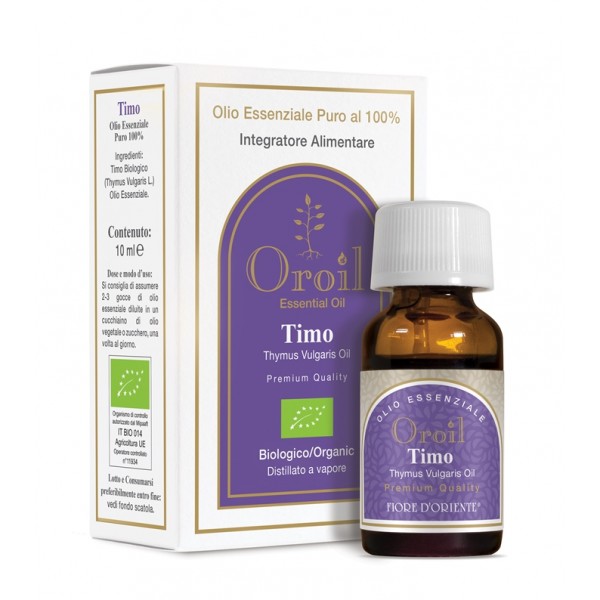

 By buying this product you can collect up to
By buying this product you can collect up to
